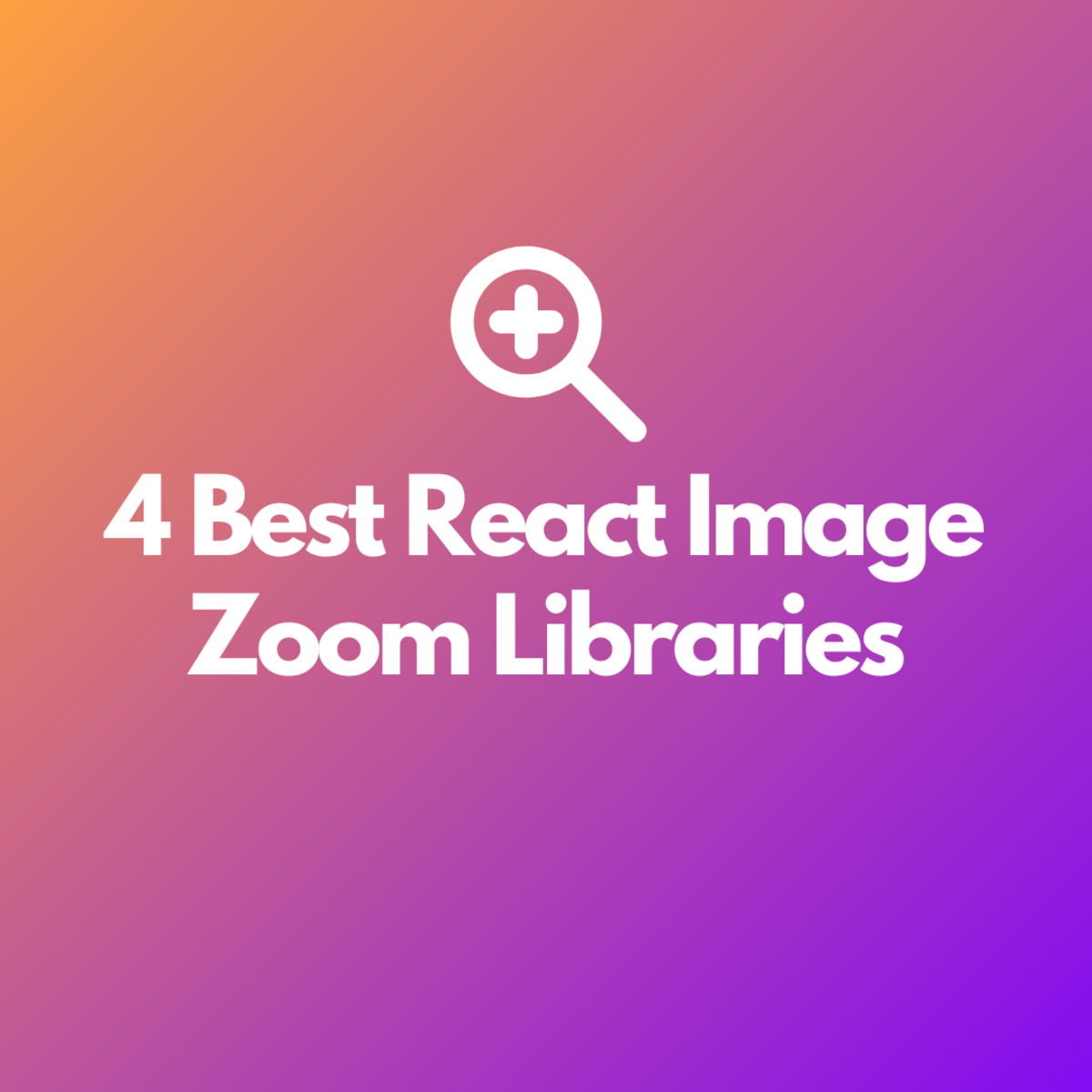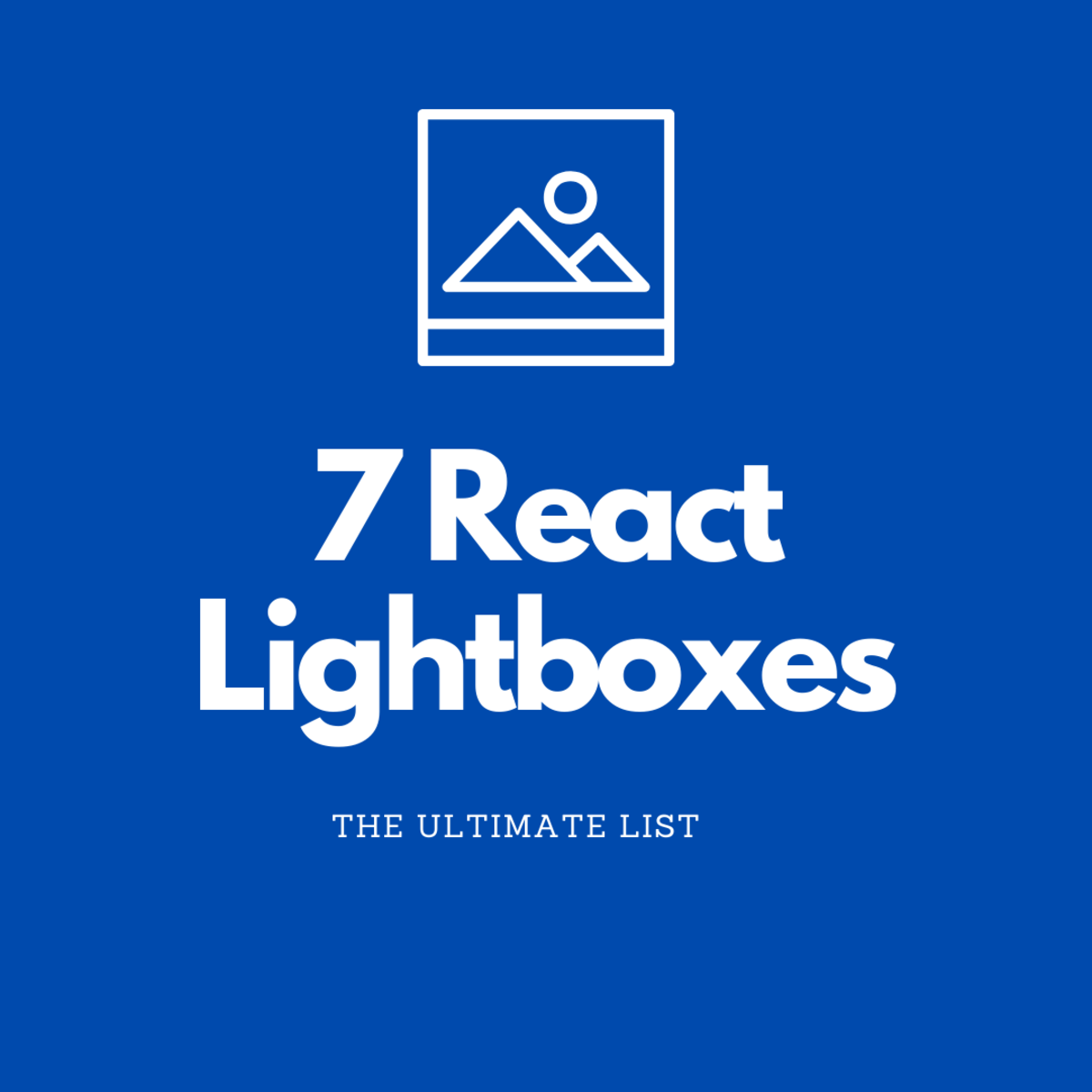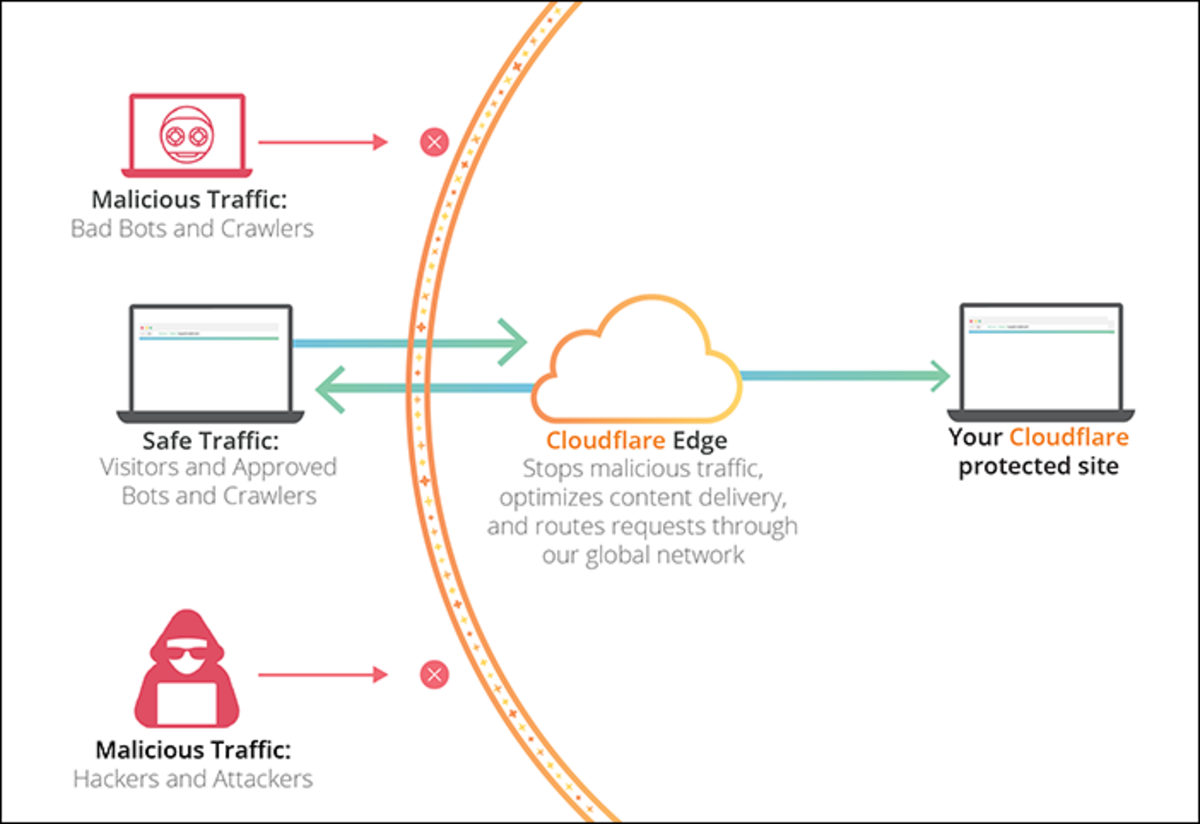10 Extreme Factors to consider before Web and Mobile App Development
Nowadays, Mobile phones have turned into an imperative tool for every business. No matter whatever may be the industry type is - they are getting more dependent on this creative innovation. The web and mobile app development, has made it easier for every marketer to run their business. It has proved to be the most effective way to reach their target audience irrespective of place and time. This attracts huge potential customers and brings out an exponential advancement in the business. As a result, it elevates the marketers' expectations of achieving the greater heights in future.
Well, just having a strategy is worthless. The marketer also needs to be aware of the
essential requirements for the development of the mobile applications. Here I have listed down 10 top factors that every marketer should consider. This will help them to develop an engaging and user-friendly application for their businesses.
-
Platform Selection: Every marketer should be smart enough while selecting a platform for the web or mobile app. In fact, it should be the first thing to take care of. The factors that should be analyzed are the targeting country, the target audience, the age group, type of business, app features and of course, the pricing strategy too. Say, the marketer targets the USA to spread his business. In this case, iOS should be his first priority and Android should be the second. This is because the USA prefers iOS and Android more than Windows. Whatever may be the choice, what matters is whether the app is reaching the targeted audience or not.
-
Native or Hybrid, which one to choose? Once the platform is chosen, it is the time to decide between Native apps and Hybrid apps. Well, to have an effective decision, it is always better to know about their differences. In case of Native apps, the applications are built precisely for the mobile operating system. These are created according to the guidelines of the particular Operating System using Objective-C or Swift for iOS and Java for Android. The latest technologies that feature in this app are GPS, Camera, One-Touch Pay, and fingerprint. Whereas, the Hybrid apps are nothing but a cocktail of web and mobile apps. They are developed using HTML, Javascript, CSS and are covered in a native app. Such apps can be operated in various operating systems that may include Android, iOS, Windows and so on and can even run in multiple browsers namely- Chrome, Firefox etc. Well, both Native and Hybrid apps have two sides. The Native apps in comparison to Hybrid apps may be costlier and more time-consuming. But, at the same time, they can give a faster user experience. While the hybrid apps are surrounded by several disadvantages. Thus, before committing to any such apps, marketers need to check out each of their priorities and preferences. Otherwise, a wrong choice may lead them into danger.
-
Backend: Every marketer has to be smart enough while setting up their backend. In today's date, most of the apps are API driven. However, every app doesn't need a custom backend neither it uses API to connect with the mobiles. In fact, such apps can be easily handled with a local database, instead of any backend support. So, before looking for a backend setup for a mobile app, it is better to analyze whether the need is essential or not.
-
Mobile Analytics: Mobile Analytics is one of the important sectors of technological innovation. It is a tool that helps to analyze how the things are working, why there is a poor adoption ratio for the app and so on. In short, this helps to improve the user engagement, hold back the existing users, and strengthen the company's weaknesses. All these take place only by analyzing the data. Thus implementing analytics can help the marketers to improve the performance of their apps. This, in turn, help them to achieve their specific business goals. But for this, a specific plan in the development phase has to be made in advance. This will help the analytics to bring out the most effective results.
-
UI/UX Design: UI/UX design plays the most significant role in today's mobile app development. But for this, the marketer should understand the difference between UI or User Interface and UX or User Experience. A good user interface with a poor user experience can never work well. This is the main strategy that the marketer should keep in mind.
-
Target Audience: Targeted audience is again one of the major factors to consider. The aspects that need to be taken care of may include; the age group, their occupation, gender, and their interests. For instance, a marketer is developing a shopping app. He should put more focus on pictorial illustrations rather than lengthy content. This will gravitate the users towards the app and make them remain engaged.
-
Wireframes: Wireframes represent both the features and the functionality of the apps. This also examines whether the client and the developer are on the same page or not. The Wireframes also help you to change or edit the features easily. Instead of designing the app again, you can finalize them smoothly. Such an approach is quite essential for the marketers to get rid of unwanted issues in future.
-
Method or Development: Before developing an app, analyzing different development methods and models is quite essential. The App development methods are the quality of information that is used before starting the project. It is always better to have an overall idea about the essential features that the marketer wants to put on the app. This is the agile method of development, which again involves a number of iterations before reaching the end product. Yet, if the requirements are made clear, then the marketer can easily go with the waterfall method of development.
-
Size and Screen Density: A mobile or web app should be developed in such a way that it fits into every mobile device. There may be variations on the screen size as well as on the screen density. But this will determine the look and feel of the app. However, according to the size and screen density, the texts may also vary. All these features should be considered by the marketers to develop a perfect app.
-
Competitor App Analysis: Finally, when everything is done, it is time to analyze the web or mobile apps of the competitors. Being a marketer, once you are aware of the features provided by others, you can easily plan out things accordingly. It is always better to use the enhanced version in the app as well as provide some extra features that have not been used yet by other marketers. The extra element that you add, help you to move a step forward towards success.
-
All these above-mentioned features can be obtained if the marketer seeks help from professional web design and development agencies. Such agencies are always ready to provide comprehensive business solutions to their clients that in turn help them to accomplish their dreams.
I, being an author highly recommend you to have a mandatory search on the best web design and development companies before choosing anything blindly. There are several such companies residing in the digital market, choosing the best that offers the most effective web and mobile app development for your business should be your prior need.








